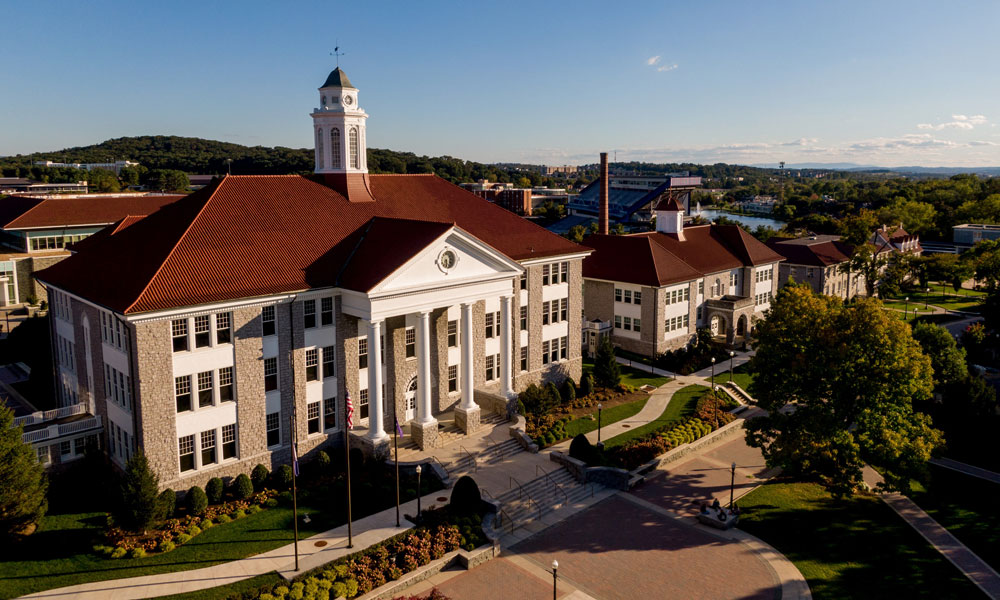Matt Lee Creates Innovative New Study Abroad Program
Office of the Provost
Matt Lee has made connections across the globe and has made a career out of his love for other cultures. Lee, who teaches Psychology, established the Cultural and Racial Diversity Studies Lab soon after his arrival at JMU. The lab studies how race and culture have an effect on psychological functioning with the intent to improve the classroom.
But, Lee wanted to take those interests outside of the classroom. Through the Office of International Programs’ short-term summer session, he found the perfect medium. The short term programs allow for faculty members to hone in on specific interests that would normally not be supported by semester long programs. His course, Psychology of Ethnicity, Ethnic Conflict, and the Holocaust toured Germany and Poland this past summer.
The aim of his summer program was to have his students understand and compare the culture and psychology of Germany and Poland. Dr. Lee writes of the impetus for his plans: “The course was invigorating for me, since it emerged from my interactions with friends I've made in Bosnia, Serbia, and Croatia. . . . When I returned to the US, I immediately thought that creating a class focusing on ethnic conflict, with ideas on how to overcome it, would be an interesting, rigorous, challenging, yet appropriate course for undergraduate students. I learn so much personally from hearing about stories of resistance, dialogue over ethnic differences, and keeping pride in one's ethnic identity even in times of war, and did so again this past year.”
The group finished the summer’s study abroad program in Krakow, Poland, a few hours away from the notorious Auschwitz-Birkenau death camp. It was here in Krakow that Dr. Lee’s students met several of his own personal friends (from France, Germany, and Poland (one Krakovian, one Silesian) – all interested in talking and learning about the unique history, culture, and psychology of the region. On alternating days, Dr. Lee and his four friends would speak in multiple languages, talk about food, art, history, psychology, politics, and more, and share with the students. Dr. Lee reports, “I hoped that our class could see how easy it was to make friends from other cultures, and motivate them to travel more, and learn to decrease a sense of cultural distance between themselves and a foreign culture.”
And he had this to say after the visit to Auschwitz: “Underscoring everything was the idea that some people can take upon themselves a personal responsibility to learn more about ethnic conflict and the Holocaust, not just to edify themselves, but to promote a just society, and to prevent future conflict from happening. It was on the next day in Krakow, when we learned more about how Jewish culture is still surviving in Krakow that I discussed to my friends and students about the roots of the course, and how the psychological and cultural explanations for the Holocaust can appear in other cultures, that it was not just something German-centric…. I can only hope that students who take my course can make connections between what happened in Europe and what has happened in other places in the world, including in the US, and then motivate themselves to promote peace and justice.”
